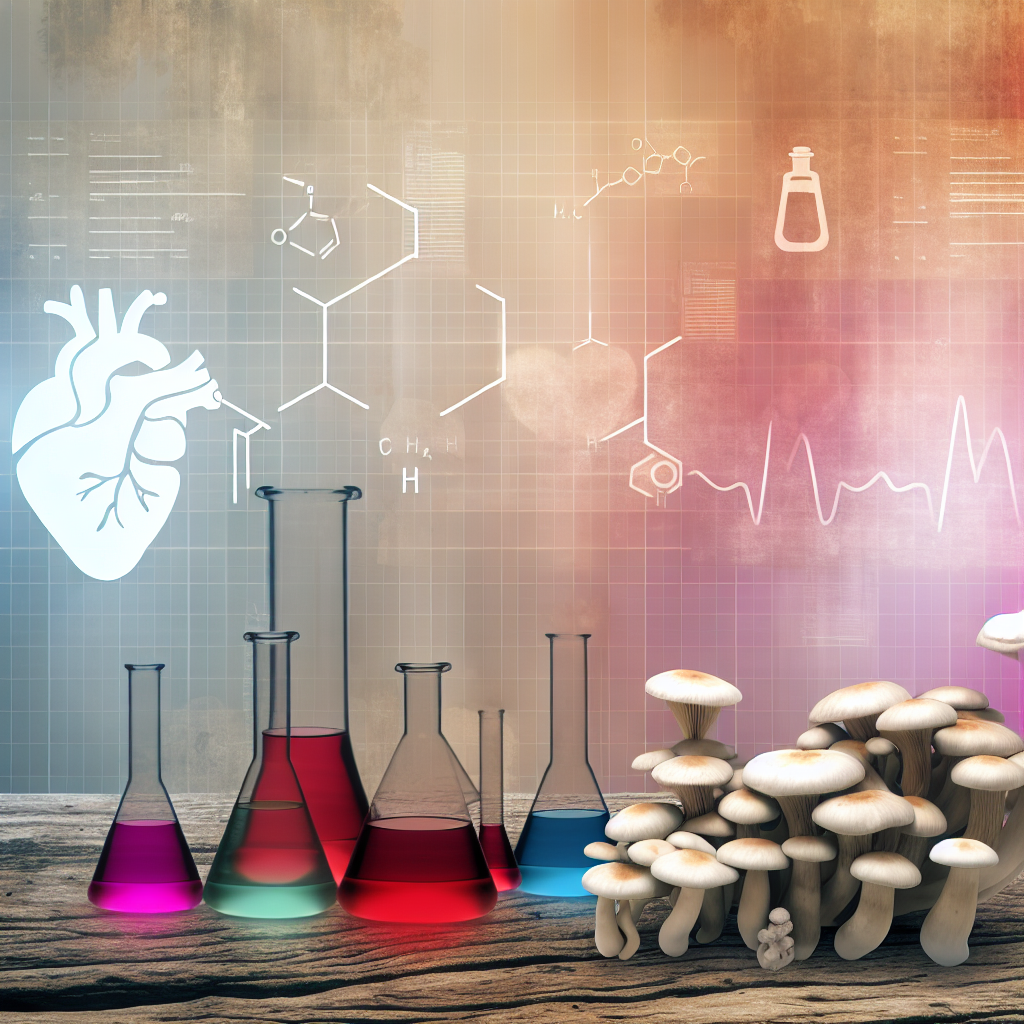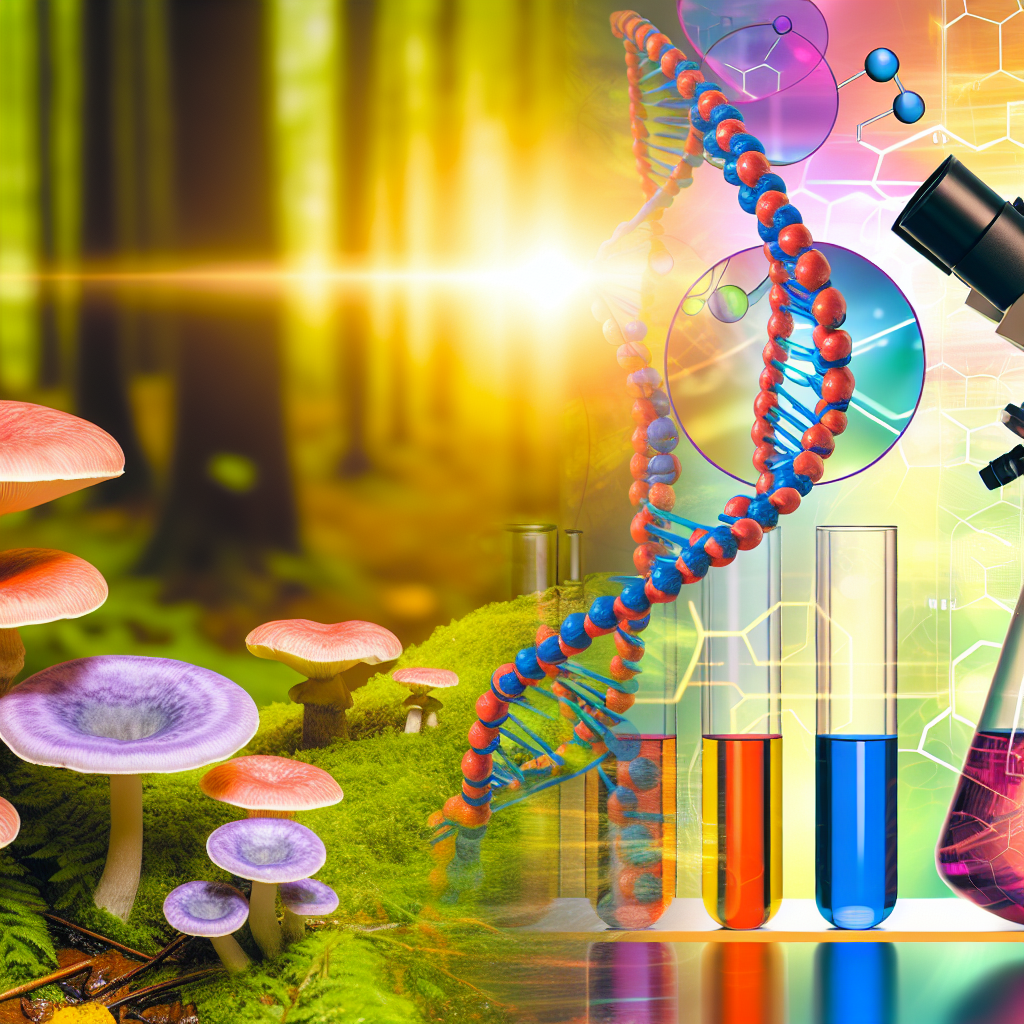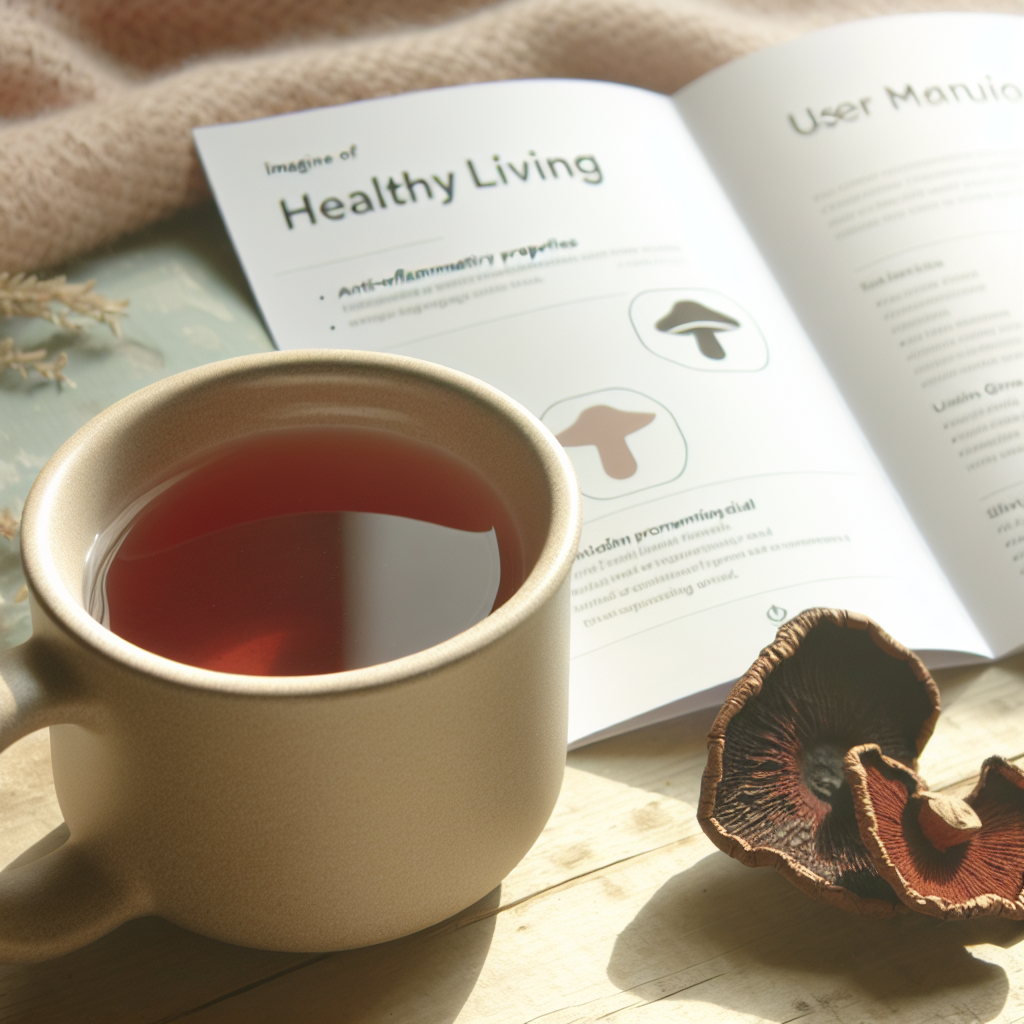Clinical Protocols for Psilocybin-Assisted Couples Therapy Sessions
Couples therapy has long been a cornerstone for improving relationship health and addressing emotional disconnects, communication breakdowns, and interpersonal trauma between partners. Traditionally, the process involves talk therapy techniques such as Emotionally Focused Therapy (EFT), the Gottman Method, or Integrative Behavioral Couple Therapy (IBCT). While these modalities have shown efficacy, emerging research and anecdotal experiences indicate that the integration of psychedelics—specifically psilocybin—into couples therapy may provide a paradigm-shifting approach to relational healing.
Unlocking Relationship Potential: How Psilocybin Affects Empathy, Trust & Emotional Healing
Psilocybin’s therapeutic potential lies primarily in its ability to act on the serotonin 2A receptor, which alters perception, emotional processing, and consciousness. One remarkable feature noted in therapeutic settings is psilocybin’s impact on the Default Mode Network (DMN), a brain system associated with self-referential thoughts, ego, and rumination. When the DMN is quieted, individuals tend to experience a loss of ego-boundaries, often described as “ego dissolution”—a key catalyst for profound relational breakthroughs during couples therapy.
Medical research supports the rationale behind integrating psilocybin into structured couples therapy. A 2020 open-label study by Johns Hopkins University found that psilocybin-assisted therapy produced swift and sustained improvements in emotional regulation, empathy, and psychological flexibility—three pivotal components of healthy romantic relationships (Griffiths et al., 2020).
In Canada, the Centre for Psychedelic Research at Imperial College London has also been actively researching the impact of psilocybin on relational dynamics, suggesting its usefulness in modifying relational schemas and increasing affective attunement between partners. Meanwhile, anecdotal reports from practitioners using underground methods, such as those outlined in Dr. Anne Wagner’s work in MDMA-Assisted therapy for PTSD with couples, indicate that under careful dosing and preparation, psychedelics can catalyze deeply transformative interpersonal insight and healing.
Clinical Roadmap: The Three-Phase Protocol for Psilocybin Couples Sessions
Clinical protocols for psilocybin-assisted couples therapy commonly include the following structured elements:
1. Screening and Preparation: Both individuals must go through a comprehensive medical and psychological screening process. Preparation includes trust-building with the therapist(s), generative dialogue about intentions, and emotional education concerning what to expect during the session.
2. Dosing Session: Conducted in a safe, carefully controlled environment by skilled facilitators. The dosing session typically involves moderate to high doses of psilocybin to produce a full psychedelic experience. This may be conducted legally within clinical trials or therapeutic retreat settings depending on jurisdiction.
3. Integration Therapy: Perhaps the most essential phase, integration involves a series of follow-up therapy sessions in which couples reflect on their experience and begin to apply insights into everyday life. Integration fosters long-term transformation by translating revelations into relational action.
Setting the Gold Standard: Institutions Advancing Safe and Ethical Psychedelic Therapies
Professional organizations such as the Multidisciplinary Association for Psychedelic Studies (MAPS) and the Usona Institute are actively leading innovative research and developing the clinical infrastructure to support therapeutic psychedelic use. These institutions emphasize:
– Trauma-informed care
– Ethical conduct and consent
– Skilled psychedelic facilitation
– Strong therapeutic alliance with both partners
– Continuous monitoring for safety and efficacy
Their work not only lends credibility to psilocybin-assisted couples therapy but also helps craft protocols that prioritize the well-being and dignity of all participants involved.
The Future of Love & Healing: Psilocybin’s Promise for Couples Therapy
Psilocybin-assisted couples therapy is emerging as a pioneering field that blends neuroscience, indigenous wisdom, and modern clinical frameworks. It offers couples the opportunity to transform entrenched patterns, reignite emotional intimacy, and cultivate a deeper understanding of themselves and each other. With thoughtful protocols and responsible integration, psilocybin may soon become a valuable ally in the journey toward healthier, more resilient relationships.
Summary:
Psilocybin-assisted couples therapy is a pioneering field that blends neuroscience, indigenous wisdom, and modern clinical frameworks. It offers couples the opportunity to transform entrenched patterns, reignite emotional intimacy, and cultivate a deeper understanding of themselves and each other. With thoughtful protocols and responsible integration, psilocybin may soon become a valuable ally in the journey toward healthier, more resilient relationships.
References:
[1] Griffiths, R. R., et al. (2020). Psilocybin produces substantial and sustained decreases in depression and anxiety in patients with life-threatening cancer: A randomized double-blind trial. Journal of Psychopharmacology. Read Study
[2] Centre for Psychedelic Research, Imperial College London. Visit Website
[3] MAPS (Multidisciplinary Association for Psychedelic Studies). Visit Website
[4] Usona Institute. Visit Website
[5] Wagner, A. C. (2021). Psychedelic-Assisted Therapy in Couples – Insights and Protocols. Read Article
[6] Carhart-Harris, R. L., & Friston, K. J. (2019). REBUS and the anarchic brain: Toward a unified model of the brain action of psychedelics. Pharmacological Reviews. View Publication

Dominic E. is a passionate filmmaker navigating the exciting intersection of art and science. By day, he delves into the complexities of the human body as a full-time medical writer, meticulously translating intricate medical concepts into accessible and engaging narratives. By night, he explores the boundless realm of cinematic storytelling, crafting narratives that evoke emotion and challenge perspectives. Film Student and Full-time Medical Writer for ContentVendor.com




